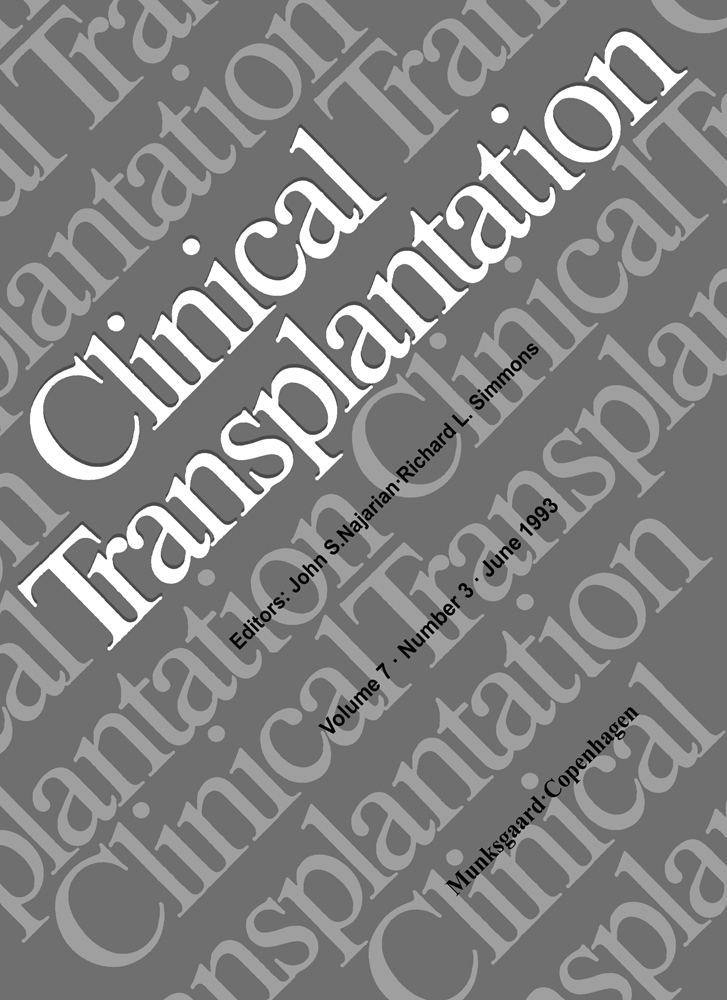Psychological adjustment of liver transplant candidates
Abstract
The psychological functioning of 20 adult liver transplant candidates was evaluated. Using standardized assessment instruments, we found few personality disturbances and normal levels of anger. However, clinically significant levels of depression and anxiety were reported for 28% and 37% of the sample, respectively. Moreover, patients whose coping strategies were characterized by avoiding the exigencies of their illness reported more depression, more anxiety, and increased psychopathology. Disease severity was also positively correlated with anxiety and avoidant coping strategies. Implications of these findings for the pre-transplant psychological evaluation are discussed.




